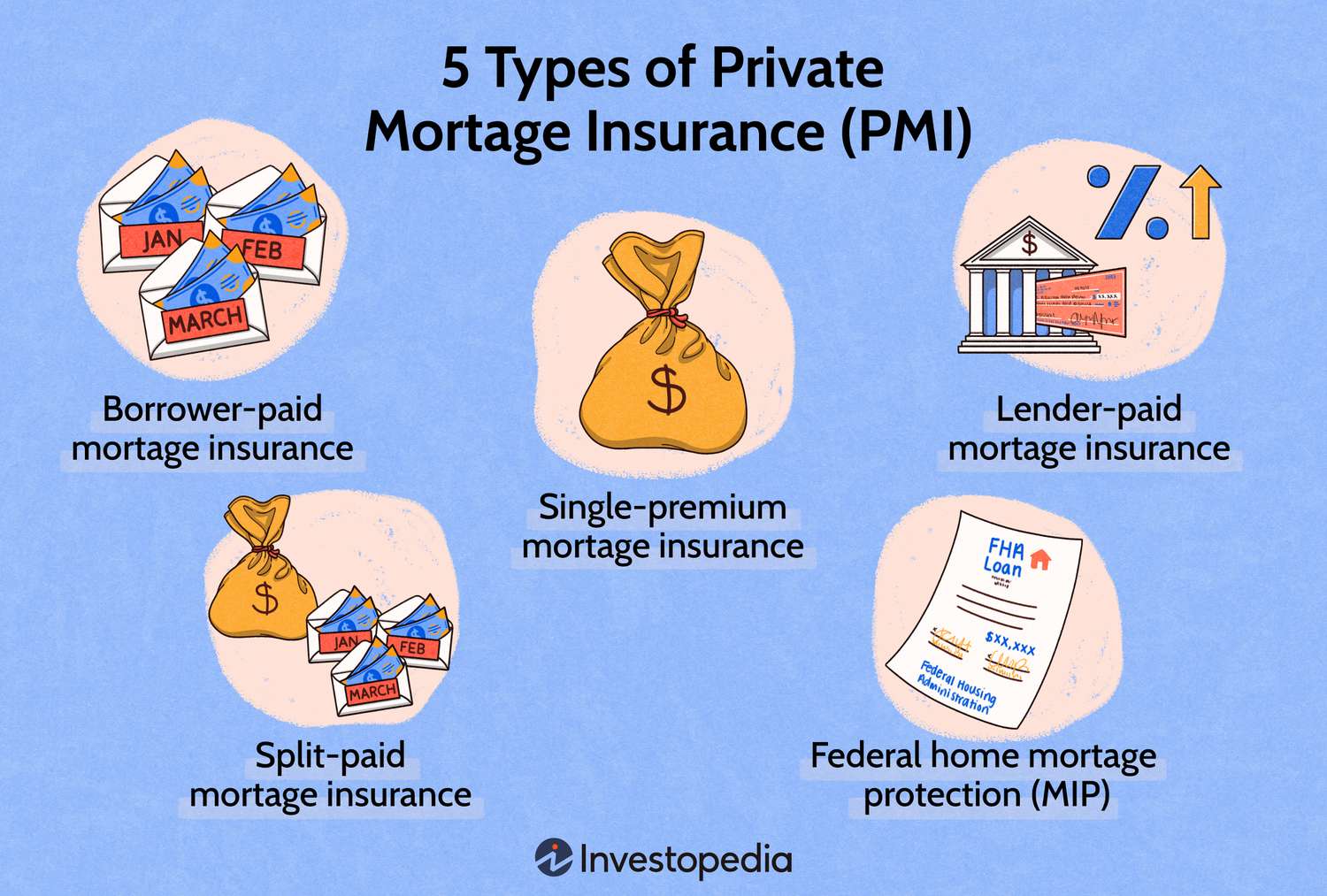Mortgage insurance plays a significant role in the real estate landscape, providing protection and peace of mind for both lenders and borrowers. Whether you’re a first-time homebuyer or a seasoned real estate investor, understanding the ins and outs of mortgage insurance is essential. In this comprehensive guide, we’ll delve into the intricacies of mortgage insurance, its purpose, and how it can safeguard your investment.
What is Mortgage Insurance?
Mortgage insurance is a financial product that protects lenders in the event that a borrower defaults on their mortgage loan. This type of insurance is typically required for homebuyers who make a down payment of less than 20% of the home’s purchase price. It serves as a risk mitigation tool for lenders by providing coverage for potential losses resulting from borrower default.
The Two Types of Mortgage Insurance
There are two primary types of mortgage insurance: private mortgage insurance (PMI) and mortgage insurance premium (MIP). PMI is commonly associated with conventional loans, while MIP is specifically linked to Federal Housing Administration (FHA) loans and certain types of government-backed mortgages.
Private Mortgage Insurance (PMI): PMI is provided by private insurance companies and is a requirement for conventional loans with a down payment of less than 20%. Borrowers pay a monthly premium for PMI, which can be rolled into their mortgage payments or paid as a separate premium.
Mortgage Insurance Premium (MIP): MIP is required for FHA loans and certain government-backed mortgages. Unlike PMI, MIP involves both an upfront premium at the time of closing and ongoing monthly premiums throughout the life of the loan.
The Purpose of Mortgage Insurance
For Borrowers: Mortgage insurance enables borrowers to secure financing for a home purchase with a down payment of less than 20%, expanding homeownership opportunities. Without mortgage insurance, many potential homebuyers would be unable to qualify for a mortgage due to insufficient down payment funds.
For Lenders: From the lender’s perspective, mortgage insurance serves as a safeguard against potential losses stemming from borrower default. This risk mitigation mechanism encourages lenders to extend mortgage loans to borrowers with lower down payments, thereby stimulating housing market activity.
Protecting Your Investment
For homebuyers, mortgage insurance acts as a protective shield for their investment, providing an avenue to enter the housing market with reduced initial capital. By obtaining mortgage insurance, borrowers can secure competitive mortgage rates and terms, allowing them to achieve their homeownership goals while maintaining a level of financial security.
Ultimately, mortgage insurance plays a pivotal role in the real estate industry by facilitating access to homeownership and minimizing risk for lenders. Understanding the nuances of mortgage insurance empowers both borrowers and lenders to make informed decisions when navigating the complexities of real estate financing.
In conclusion, mortgage insurance is an integral component of the mortgage lending landscape. Whether you’re a prospective homebuyer or a financial institution, comprehending the function and benefits of mortgage insurance is crucial for making sound financial decisions. By leveraging the protection offered by mortgage insurance, individuals can embark on their homeownership journey with confidence, knowing that their investment is shielded against unforeseen circumstances.











